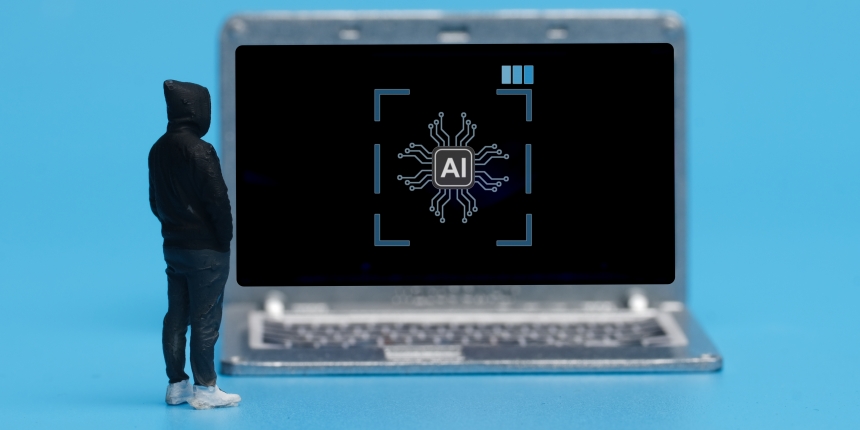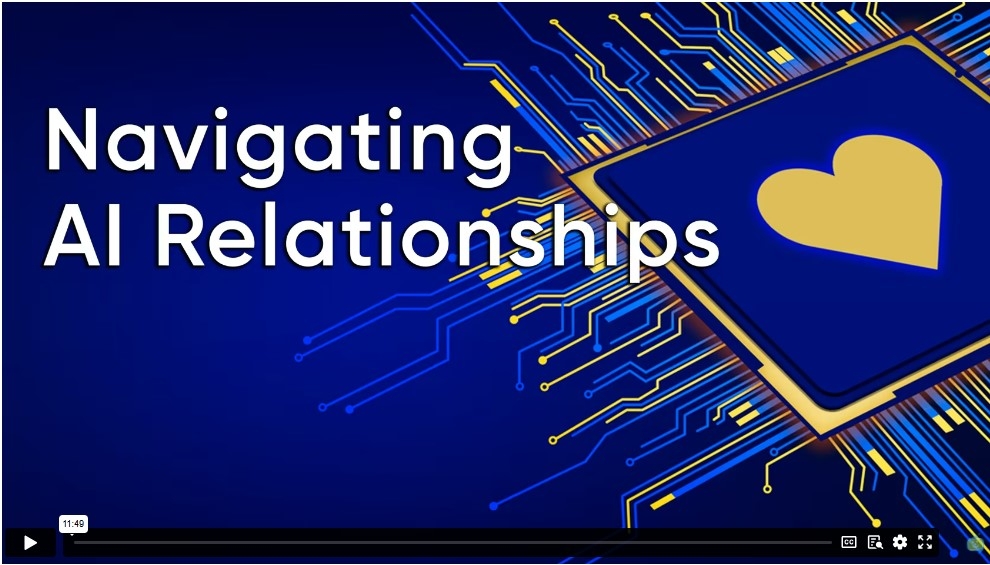Despite governments globally moving towards raising the minimum age for social media access due to mounting concerns about the negative effects on youth mental health and wellbeing, there's now an even newer challenge on the horizon - the rise of romantic and companion AI bots. These virtual companions are becoming increasingly popular with young people, raising serious questions about privacy, ethics, and the future of relationships in the digital age.
The rise of AI-powered relationships is offering a new frontier in human interaction. Initially emerging in the gaming world, AI companionship has evolved into mainstream culture, with apps providing personalised experiences that range from platonic friendships to romantic encounters. These interactions can blur the boundaries between real and virtual relationships, creating confusion and potential psychological harm.
Criminologists warn that children as young as 12 are accessing dating apps, often bypassing age restrictions, exposing them to sexual content and predatory behaviour. Researchers have also found that many adolescents are turning to virtual partners for validation, risking unhealthy emotional attachments that can affect real-life relationships.
As AI reshapes social dynamics, it's crucial to stay informed and engaged. While AI can enhance education and creativity, it also presents challenges around privacy, mental health, and misinformation. This Special Report will help you foster an open dialogue and balanced approach to help young people navigate this evolving digital landscape.
Mrs Jacoline Petersen
Director of Student Counselling



